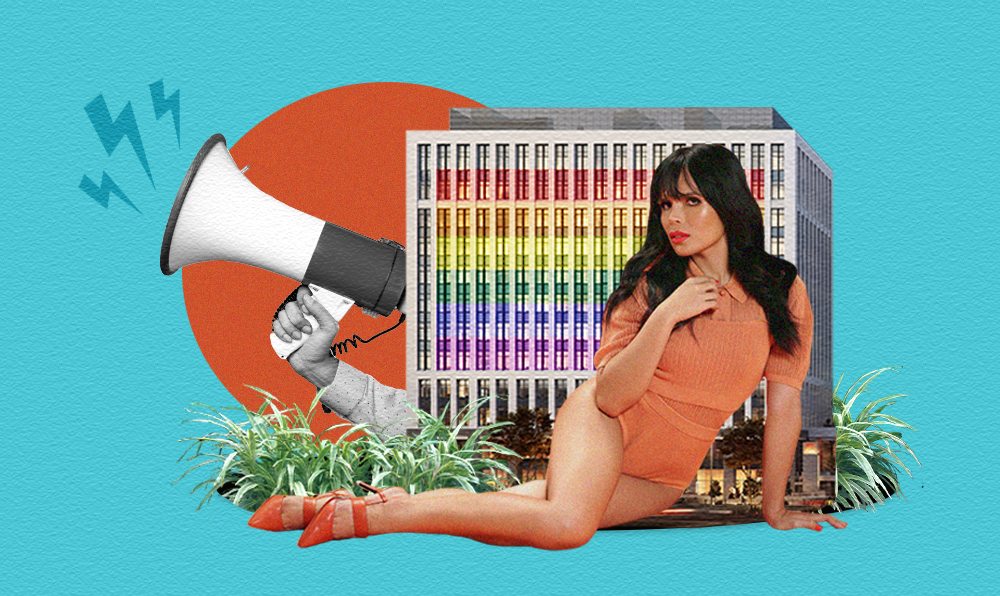If you’re a cisgender heterosexual person, you might’ve wondered what you can do to support the LGBTQ+ community. Aside from loving and supporting the queer people in your lives, what else can you do?
I attended a talk for TELUS International Philippines headed by Janlee Dungca, the national director for Miss Trans Global Philippines and an LGBTQ+ and HIV+ advocate, that answered exactly that. As a queer person myself, you might wonder what value that talk had for me. But TBH, I think that we don’t have enough of a sense of allyship within the community. There are too many queer people who are unfortunately also transphobic or homophobic or biphobic and so on.
As my friend once jokingly declared, “I’m an ally and I’m also very much a lesbian.” That’s the kind of vibe I want to take on, and it might help if others do the same. Too many of us don’t try to stick up for one another. We can’t just support the people who are like us.
In any case, here are some of the tidbits I got from Dungca’s talk.
Take action
“Ally is not just a noun, it’s a verb,” she said. If you want to be an ally, you need to actually put the work in. As the saying goes, you need to talk the talk and walk the walk, even if it means engaging in things that are difficult. “Maybe you think it’s enough to not be a hater, maybe you think it’s enough to hold safe spaces,” she said. “You should be with us, walking with us in the Pride March, tell people who to vote for to elect people who will champion our cause.”
Just remember: Allyship is an active participation, not a passive one. “The goal is to not just be allies but champions,” stressed Dungca.
Don’t engage in performative allyship
Similarly, you can’t use your allyship to signal how virtuous or socially aware you are. “There’s what you call performative allyship and we don’t need that. We don’t need fake allies parading around just to gain clout. We need allies who are with us in this fight, who will vote for government officials that will support us.”
There are unfortunately too many cases of people outwardly supporting us while also still believing that we shouldn’t be given our rights. There are people who will go to the Pride March and ride the floats but the next day say that gay people shouldn’t be allowed to marry and that people should respect that “opinion.”
Similarly, there are also cases of companies being publicly supportive and gay-friendly but still discriminate against their LGBTQ+ employees. We don’t need companies profiting off of us while treating us badly, thanks.
Create an inclusive and safe environment
Speaking of companies, Dungca also raised how companies can foster an open and inclusive environment. One thing you can do is to create gender-neutral restrooms and allow trans people to use the restrooms that coincide with their actual gender, not the one they were assigned to at birth.
Another thing you can do? “Conduct gender sensitivity workshops so that members of the community know they are valued.” She noted that if you think you don’t have any queer people in your office, it’s probably because they don’t feel safe enough to be out in the office.
“Make [your employees] comfortable,” she highlighted. “You can’t force them to come out.” You can do this by enacting SOGIE-inclusive policies in the workplace.
But even if you don’t have the power to enact institutional change within your company, you can still start small by making changes within the micro level. Create a safe space within your team.
At the end of the day, being an ally means being a good and principled person who will actively fight for what you believe in.
Art by Pammy Orlina
Follow Preen on Facebook, Instagram, Twitter, YouTube and Viber


